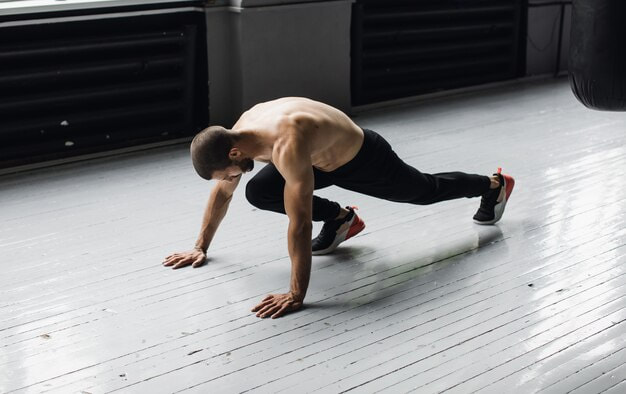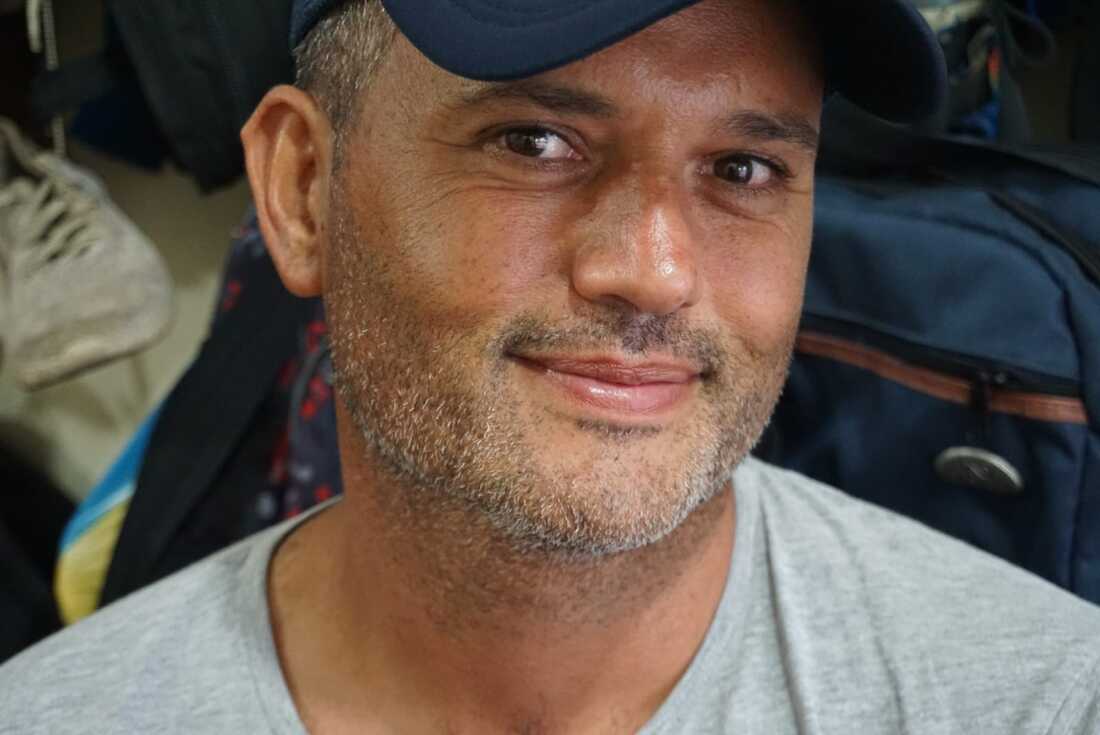|
Deep diving on breath hold is a fascinating and challenging endeavor that requires a combination of physical and mental preparation. One crucial aspect of this preparation is often overlooked: rib cage flexibility. Scientific research has demonstrated a strong correlation between rib cage flexibility and increased lung capacity, which directly impacts breath hold duration and overall diving performance. In this blog post, we will explore the importance of rib cage flexibility for deep diving and provide detailed insights into three specific exercises supported by real scientific research.
The Link Between Rib Cage Flexibility and Lung Capacity Before delving into the exercises, it's essential to understand the relationship between rib cage flexibility and lung capacity. Research published in the Journal of Applied Physiology has shown that individuals with greater rib cage flexibility exhibit increased lung expansion and improved diaphragmatic function. A flexible rib cage allows the lungs to fully inflate, enhancing oxygen intake and carbon dioxide expulsion. This increased lung capacity is vital for breath hold divers, as it prolongs the time they can spend underwater. Exercise 1: Diaphragmatic Breathing Diaphragmatic breathing, also known as deep breathing, is a fundamental exercise that enhances rib cage flexibility and lung capacity. This technique focuses on breathing deeply into the diaphragm rather than shallow breathing into the chest. To perform diaphragmatic breathing:
Exercise 2: Rib Cage Expansion Stretch This exercise specifically targets rib cage flexibility, promoting a wider range of motion for the ribs. To perform the rib cage expansion stretch:
Exercise 3: Intercostal Muscle Strengthening The intercostal muscles, located between the ribs, play a crucial role in rib cage flexibility. Strengthening these muscles enhances the ability to expand the rib cage fully. To strengthen the intercostal muscles:
Deep diving on breath hold demands meticulous preparation, and rib cage flexibility stands at the core of this preparation. By incorporating these scientifically supported exercises into your training regimen, you can optimize your lung capacity, extend your breath hold duration, and elevate your deep diving experience to new depths. Remember, always consult with a fitness or diving professional before starting any new exercise routine, especially if you are new to breath hold diving or have underlying health concerns. Happy diving! #neverfreedivealone
0 Comments
|
Jesse Dubois
Enviromentalist Freedive Coach INSTRUCTOR TRAINER Archives
February 2024
|

 RSS Feed
RSS Feed





